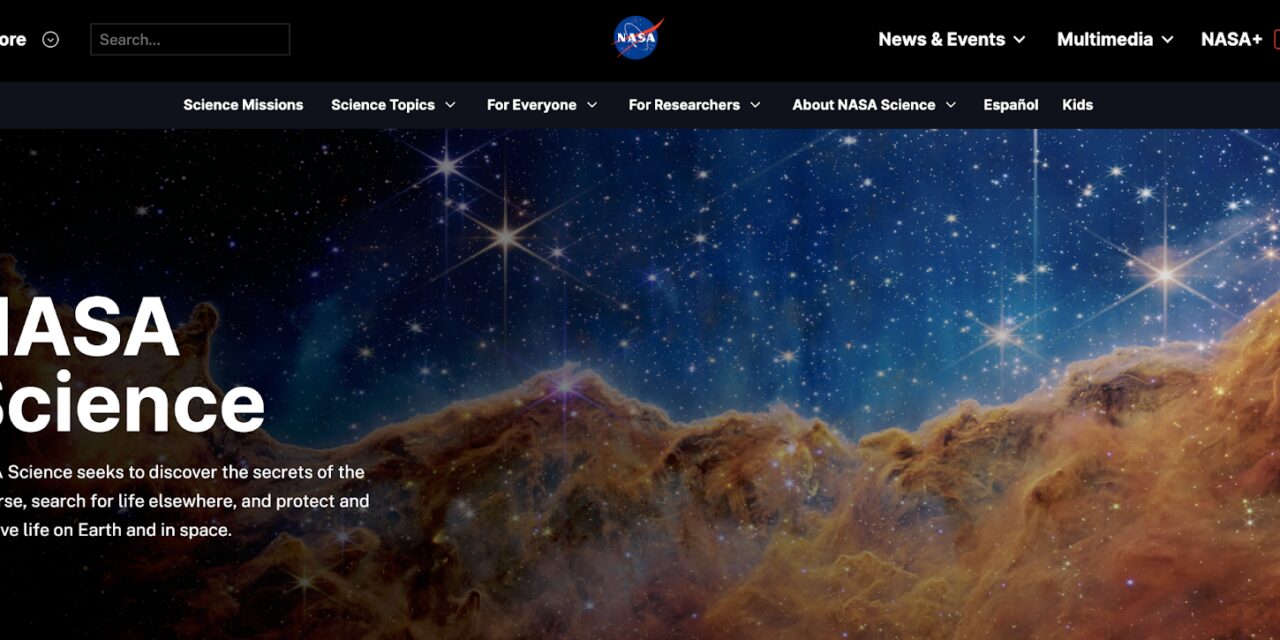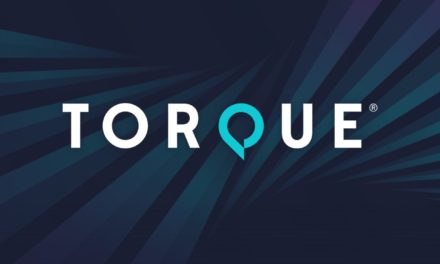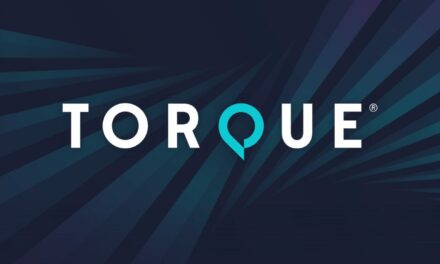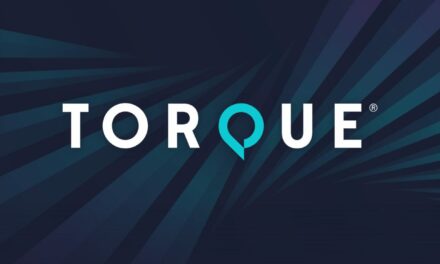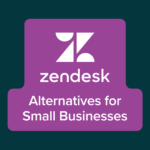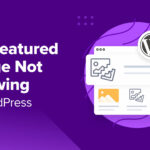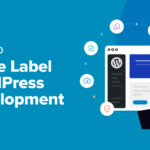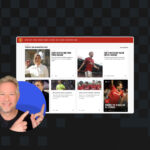Landing in Washington DC you immediately feel the history. You feel the weight of the decisions being made in the city and it gives you a sense of pride for belonging to something bigger than yourself. That’s why it was such an apt setting for WordCamp US 2023, on the heels of the 20th anniversary of the CMS. Being around community members and seeing the work they’re doing shows how far we’ve come in 20 years and where the CMS can go in the future.
The Gaylord National Resort was buzzing with the excitement of WordPressers eager to discuss the thing they love. People from all over the world gathered to learn, network, and celebrate the thing they love.
The talks were informative, the hallway track was active, and the sightseeing was unmatched. If you missed any of the sessions, they will be up on WordPress.TV.
Let’s get into big takeaways from WCUS 2023.
Looking to the Future
2023 marked WordPress’s 20th anniversary. An impressive milestone for anything but especially for a CMS. Talks ranged from accessibility to Core Web Vitals, but all looked at the power of WordPress and where we can go in the next 20 years.
WordPress in Space
The first talk of the conference was presented by JJ Toothman and Abby Bowman from the Web Modernization Team at NASA. They were tasked with the mission to bring NASA.gov into the future using WordPress.
The original site was launched in 1994, and has seen updates through the years, but really needed a big overhaul. The challenge wasn’t the design, or even convincing NASA to use WordPress. It was condensing all of NASA’s sites and content into one place so users don’t have to go searching for information.
“Our goal was to basically build a WordPress Mission Control,” Bowman said. “No one should have to have a PHD in astrophysics or memorize the org chart to get information on a certain mission.”
This process took over a year because there was just so much content. To date the team has 440 users onboarded to the new CMS, they’ve created 3,023 new landing pages, and migrated 68,006 pages.
Because the Web Modernization Team made the site so intuitive, people started picking it up in no time and even suggesting new ways to use existing blocks.
“One of the things we learned early on was to curate the editing experience to get them comfortable with the new editing tools at their disposal. One thing was to create way more block patterns,” Toothman said. “We even pre-filled out some example content that they could play with and understand right away.”
Another roadblock was teaching the content creators how to use Gutenberg and WordPress. Because there are so many writers from so many different organizations within NASA, reaching each one was a challenge. They ended up looking to the WordPress community as an example of how to do this.
Instead of trying to touch each group, Toothman and Bowman taught a group of super users from each space who could bring their WordPress knowledge to the team.
“The technology part was really easy and the really hard part was the people. We couldn’t have done this without the web content team.”
Abby Bowman
This was a massive project that should be launching any day now. To check out what the site will look like go to https://beta.science.nasa.gov/.
The Future of WordPress
Executive Director of the WordPress Project, Josepha Haden Chomphosy, took the stage to talk about the future of WordPress. After 20 years, WordPress is rewriting itself and now it’s time to ask some big questions about how to maintain the CMS for the next 20 and beyond.
According to Haden Chomphosy, there are three main areas we need to foster in order to keep WordPress healthy; the software itself, events, and the community. These are the heart and nervous system of WordPress. If the software is fast and accessible, more people will adopt it. If the events are easy to attend and informational, more people will learn how to code with WordPress. And if the community remains a safe place, more people will stay loyal to the CMS for life.
She then went on to say that WordPress can change your life, your community, and the world only if people are able to access it and more importantly learn how to use it.
“When you democratize publishing you’re providing easier access to knowledge, opportunity, and connections. You are giving a voice to the voiceless.”
Josepha Haden Chomphosy
The future of WordPress comes down to people and education. The thing that sets the CMS apart from others is the community. It’s the most powerful thing about WordPress and if supportive, will propel it into the future and beyond.
Haden Chomphosy left the audience with three questions to consider:
- What is the story you want to be able to tell about yourself?
- What is the story you want to tell about your time in WP?
- What is the story you want WordPress to tell?
What’s Next for Gutenberg
WordPress Co-Founder, Matt Mullenweg, closed out the weekend with a look at what to expect from Gutenberg in the coming years. He began by celebrating the 6.3 release, which was created by 640 contributors to that release. 207 of whom were first-timers. A very impressive showing.
Looking ahead to WordPress 6.4, which will be released in November. This is going to be another underrepresented gender release squad. With that comes the Twenty Twenty-Four default theme. Mullenweg announced that this theme will have a focus on bloggers and content creators.
Font management will be added in 6.4, which allows you to download font files directly from Google and onto your site locally. This will make fonts so much more agile.
A new feature Image Lightbox enables a user to click on an image on the front end and zoom in on it. This was only possible with plugins before.
But possibly the most exciting thing about 6.4 for editors and writers everywhere, me very much included, is Collaboration. Phase 3 of Gutenberg will begin the work on bringing collaborative editing to WordPress. Imagine being able to write and design at the same time as someone else. This will greatly shorten the approval process and make it easier to get content spun up quickly.
One of the biggest announcements of the evening was what Mullenweg is calling WordPress LMS. This is bringing four different LMS or Learning Management System plugins together to create a standard for how LMS plugins are built. TutorLMS, Sensei, LearnDash and LifterLMS met this week to look at questions like, can we use some of the same SQL formats? In order to create rules for what an LMS plugin should have. Mullenweg is hoping to do this with other plugins such as SEO or forms plugins. If you are interested in getting involved there is a new LMS channel in the WordPress Slack.
Mullenweg echoed Haden Chomophsy saying, “We are 20 years into WordPress and we are thinking about the next 20 and beyond and creating and thriving.”
He urged the audience to think in the long term. We don’t just want WordPress around for another 20 years, we want it around for the next 100. We want it to thrive for the next generation and beyond.
A Sense of History, And Long-Term Thinking
WordCamp US 2023 was an exhilarating experience. Thank you as always to the incredible volunteer organizers and speakers who made it all possible. WordPress has experienced a lot in the last 20 years. The community has overcome a global pandemic, and was able to come together and create beautiful website experiences.
Whether we are going to space or supporting the local bakery, WordPress can take you where you need to go. Here’s to the next 20 years of WordPress and the community, there isn’t a group of more passionate people out there.
See you next year, WCUS!

